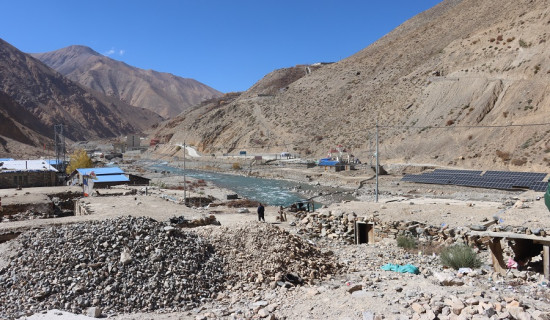- Tuesday, 13 January 2026
Internet Addiction
When the internet was still emerging, it was initially used by academics and researchers in the USA. The earliest form of the internet was the ARPANET (Advanced Research Projects Agency Network), which was developed in the late 1960s. As it grew, it was used by research institutions and universities to share their resources and communicate. It was in the mid-1990s that the internet transitioned from primarily academic equipment to a more commercialised form of public resource. Then the rise of Internet Service Providers (ISPs) led the internet to the public’s households as email, online forums and websites became a tool to communicate and share information.
The internet has taken leaps and bounds since then. And throughout its evolution, it has changed the way people communicate and connect. It has altered the way education is taught and has made skill learning free and accessible. It has also transformed most of the sectors in the human world, whether it is medicine, science and technology, agriculture and farming, businesses, and so on. Rarely are those fields that haven’t been impacted by the binary digits of the online world.
Given its impact on the world, the internet is currently in its prime. As zeroes and ones create a virtual world that abides by human command, there remains an age-old question of merit or demerit. On a scale of merit and demerit, where does the internet fare? It could be answered that it is dependent upon human will. It is up to the user to decide whether to use the internet to learn a new skill or to spend time doomscrolling. But here the question again arises on human gullibility. Most people don’t realise how their time and attention are being exploited by the tech companies.
The more people log on to their phones and connect to the Wi-Fi, the more the tech giants' benefit. The users may gain temporary gratification through endless posts, videos and content but there is a real threat of online addiction which could creep up even in the most vigilant of users. One has to realise here how addictive the online world is. Once you pick up the phone and start scrolling, time flies in an instant and it is already hours. The algorithm works to engage the users to keep on scrolling, clicking and tapping. It feels like precious time of the users is confiscated but the unaware user remains nonchalant.
Instead, there are pings of notifications, alerts, subscriptions, emails, etc. that keep the users tethered to the online world. Time might be a relative concept and nowhere is it more apparent than the world of the internet. A few moments on the phone could lead to hours of scrolling with dopamine boosts along the way and when finally the user puts the phone down, valuable time has been lost in endless TikTok videos, Instagram reels and tweets.
Scrolling could instead be better used. Perusing the right content in an adequate amount might actually be beneficial, providing the user with knowledge, the right information, skills, and even a little break from the humdrum of life. The key is, of course, moderation. Instead of passing time away, making the best of it is essential, which especially applies to internet scrolling.




-square-thumb.jpg)

-original-thumb.jpg)
-square-thumb.jpg)
-square-thumb.jpg)








